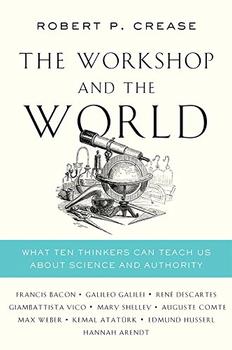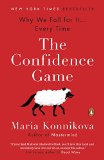Summary | Excerpt | Reviews | Beyond the book | Read-Alikes | Genres & Themes | Author Bio

How to Change Anyone's Mind
by Jonah BergerFrom the author of New York Times bestsellers Contagious and Invisible Influence comes a revolutionary approach to changing anyone's mind.
Everyone has something they want to change. Marketers want to change their customers' minds and leaders want to change organizations. Start-ups want to change industries and nonprofits want to change the world. But change is hard. Often, we persuade and pressure and push, but nothing moves. Could there be a better way?
This book takes a different approach. Successful change agents know it's not about pushing harder, or providing more information, it's about being a catalyst. Catalysts remove roadblocks and reduce the barriers to change. Instead of asking, "How could I change someone's mind?" they ask a different question: "Why haven't they changed already? What's stopping them?"
The Catalyst identifies the key barriers to change and how to mitigate them. You'll learn how catalysts change minds in the toughest of situations: how hostage negotiators get people to come out with their hands up and how marketers get new products to catch on, how leaders transform organizational culture and how activists ignite social movements, how substance abuse counselors get addicts to realize they have a problem, and how political canvassers change deeply rooted political beliefs.
This book is designed for anyone who wants to catalyze change. It provides a powerful way of thinking and a range of techniques that can lead to extraordinary results. Whether you're trying to change one person, transform an organization, or shift the way an entire industry does business, this book will teach you how to become a catalyst.
The Catalyst suffers from the fact that it was written by a business professor, not a science journalist. It is lively and full of anecdotes, but lacks the depth of research and interviews that Gladwell typically brings to a book. Scholarly rigor aside, it's a book that will stick with you. Its concepts are difficult to shake and continually pertinent in everyday life, and it will likely enlighten how you approach arguments and discussions in a positive way...continued
Full Review
(956 words)
This review is available to non-members for a limited time. For full access,
become a member today.
(Reviewed by Ian Muehlenhaus).
Setting people on a path to change is difficult. And when you're talking about millions of people, it often takes decades to see a mass evolution in behavior. Sometimes, however, a cataclysmic event will act as a catalyst that forces society as a whole to step off the precipice. Such events (e.g., the Great Depression, World War II, Chernobyl) dramatically shift people's frame of thought to such an extent that change is inevitable. In essence, cataclysmic events remove the five hurdles that prevent change, according to Jonah Berger: reactance, endowment, distance, uncertainty, and lack of corroborating evidence.
The current COVID-19 pandemic is cataclysmic. It will be the defining event of many of our lifetimes—at least, we can ...
This "beyond the book" feature is available to non-members for a limited time. Join today for full access.

If you liked The Catalyst, try these:

by Robert P. Crease
Published 2019
A fascinating look at key thinkers throughout history who have shaped public perception of science and the role of authority.

by Maria Konnikova
Published 2017
An intriguing investigation into what makes a con artist, and why we continue to be duped by them.
Use what talents you possess: The woods would be very silent if no birds sang there except those that sang best
Click Here to find out who said this, as well as discovering other famous literary quotes!